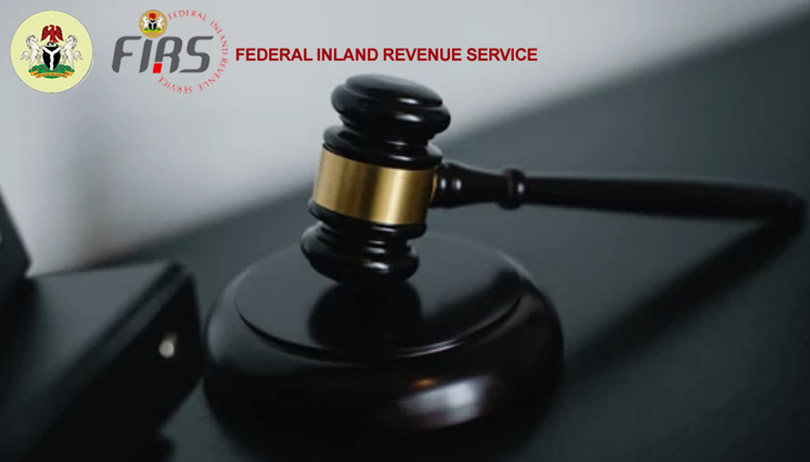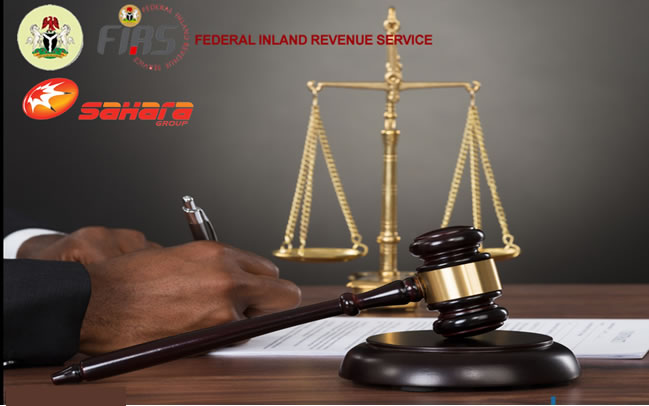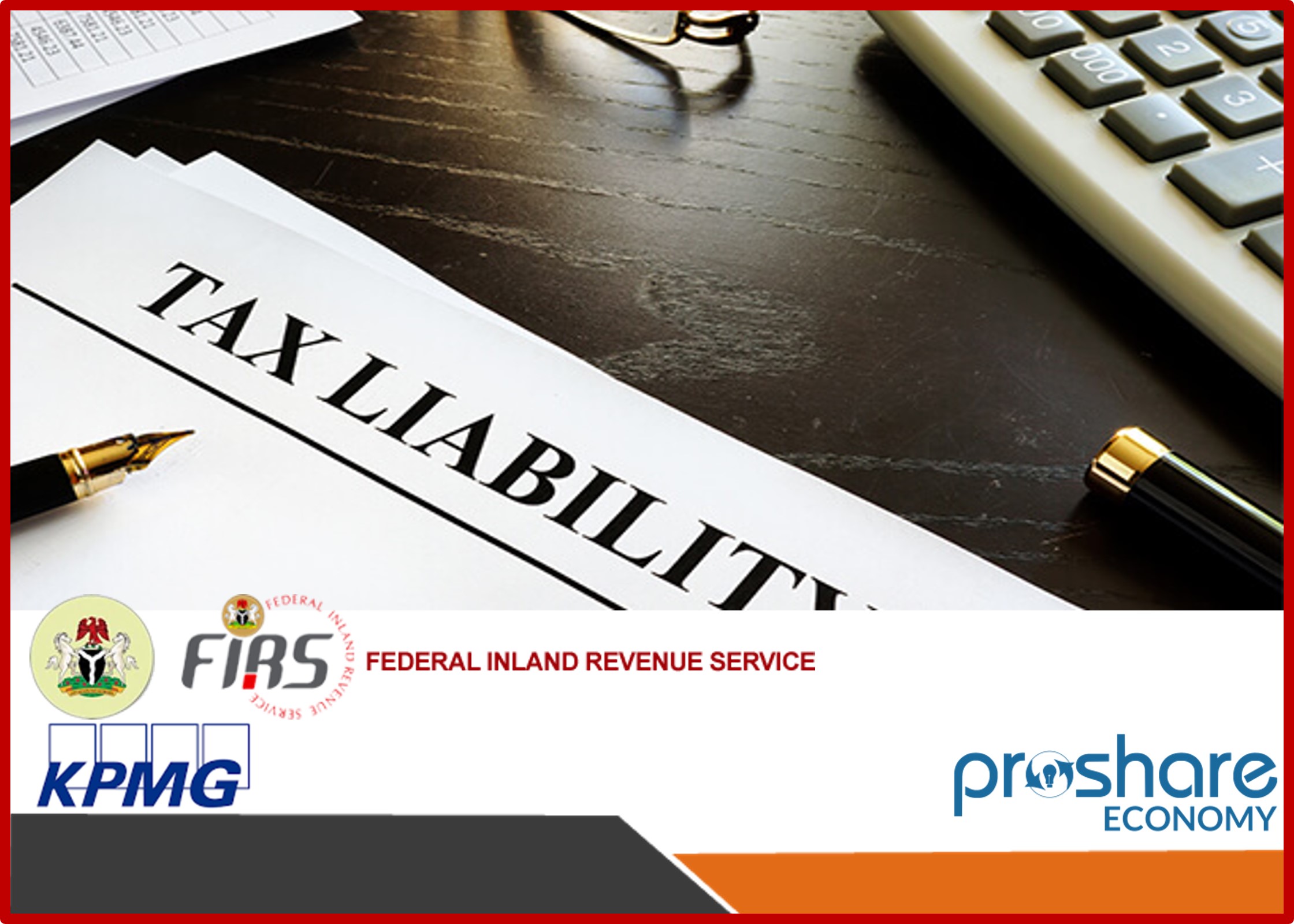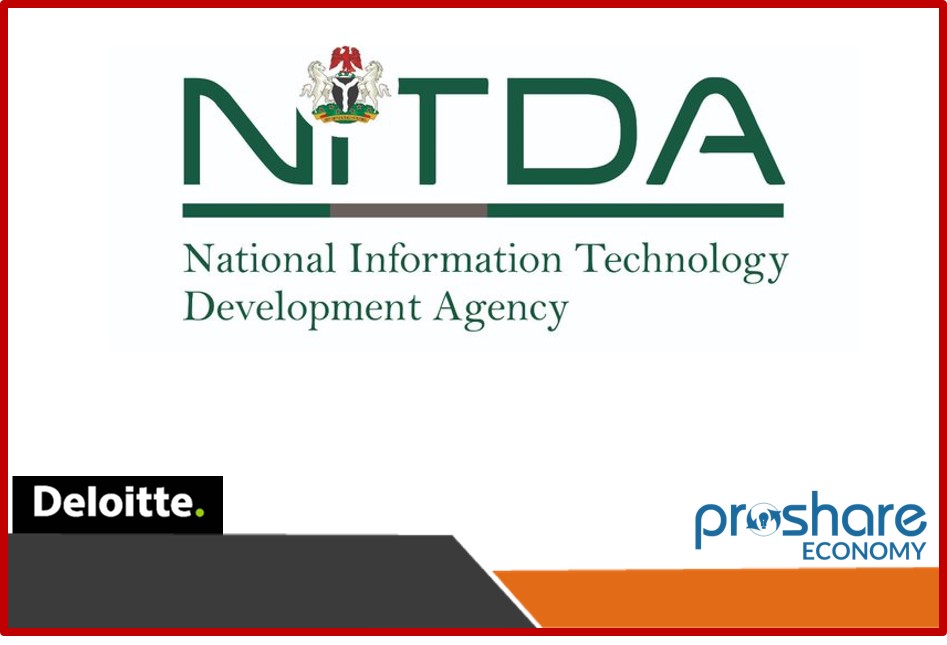On Friday, 3 February 2023, the Tax Appeal Tribunal (TAT or “the Tribunal”) sitting in Lagos held in INT Towers Limited (“INT” or “the Company” or “the Appellant”) vs the Federal Inland Revenue Service (“FIRS” or “the Respondent”) that a network facilities provider is not a telecommunications company and therefore not liable to pay the National Information Technology Development Agency (NITDA) levy pursuant to Section 12(2)(a) and Third Schedule to the NITDA Act
Facts of the case
In 2021, INT filed its 2021 year of assessment (YOA) returns on the FIRS’ TaxPro-Max. Subsequently, the Company noted that the platform assessed it to NITDA levy of ₦488,103,920.09, being 1% of its profit before tax (PBT) payable by telecommunications company under the NITDA Act. INT wrote to the FIRS to clarify that it is an infrastructure service provider to the telecommunications companies and is, therefore, not liable to the NITDA levy imposed on telecommunications companies. The Company, therefore, requested the levy to be discharged. However, the FIRS invited the Company to a series of reconciliation meetings to resolve the issue.
Following the meetings between both parties, the FIRS issued a notice of assessment for the levy computed by the TaxPro-Max. INT objected to the assessment via its letter of 15 February 2022, wherein it maintained its position that the Company is not a telecommunications company as contemplated under the Third Schedule to the NITDA Act.
FIRS disagreed with INT’s position and issued a notice of refusal to amend (NORA). Aggrieved with the NORA, INT filed a Notice of Appeal before the TAT wherein it raised the following issues for determination:
1. Whether the Appellant is a telecommunications company liable to payment of 1% profit before tax levy imposed on telecommunications company by Section 12(2)(a) and Paragraph (i) of the Third Schedule to the NITDA Act?
2. Whether this Honourable Tribunal has the jurisdictional competence to determine the constitutional validity of the Section 12(2)(a) of the NITDA Act?
3. Whether the provisions of Section 12(2)(a) of the NITDA Act are unconstitutional, null and void, and unenforceable against the Appellant in light of the provisions od Section 162(1) and 162(3) of the Constitution of the Federal Republic of Nigeria 1999 (as amended)
INT’s argument
INT argued that it is neither a GSM service provider nor telecommunications company as provided in Section 12(2)(a) and Paragraph (i) of the Third Schedule to the NITDA Act. The Company noted that FIRS’ position, which was based merely on the fact that INT is licensed by the Nigerian Communications Commission (NCC) to provide infrastructure sharing and collocation services as a network facilities provider and also enjoyed pioneer status incentive granted by the Nigerian Investment Promotion Commission under telecommunications sector for the installation of telecommunications equipment, is not supported by the extant laws
INT further noted that, in the context of the Nigerian Communication Act, 2003 (NCA), a network facilities provider is “a person who provides infrastructure support services to network service providers by selling or leasing equipment to them or granting them access to its equipment for a fee but does not in itself provide network services”. Therefore, the FIRS’ position that it qualifies as a telecommunications company because its network facilities are received by different network service providers was erroneous, misconceived, and contrary to the provisions of Sections 101(1) and 157 of NCA. Consequently, the Company appealed to the Tribunal to apply the literal rule of interpretation to the relevant provisions of the NCA and NITDA Act as was in the Comviva vs FIRS (2020) case and resolve the issue in its favour.
FIRS’ argument
The FIRS argued that INT was issued an individual licensed by the NCC under Section 32(1) of the NCA to provide infrastructure sharing and collocation services. Section 64 of the Licensing Regulations 2019 defines an individual licence as “a license for a specific activity and may include conditions to which the conduct of that activity shall be subject”.
FIRS noted that the service provided by the Company was received by network service providers such as MTN, Airtel, Glo, and distinguishable from a service provider to telecommunication companies as contemplated in the Comviva vs FIRS case. Further, based on the definition of equipment, access and network facilities under Section 157 of the NCA, the Company’s activity falls within the category of network facilities provider and network service provider in line with Section 101(1) of the NCA.
Finally, the FIRS argued that INT waived its rights to be considered a non[1]telecommunications company when it benefited from pioneer status incentive as a telecommunications company. Therefore, the Company is estopped by conduct from denying that it is not a telecommunications company in order to avoid payment of NITDA levy.
Issue for determination
Based on the arguments submitted by the parties, the Tribunal adopted a sole issue for determination, which was: “Whether the Appellant is a telecommunications company liable to the payment of 1% of PBT levy pursuant to Section 12(2)(a) and the Third Schedule of the NITDA Act?”
TAT’s decision
After considering the arguments of both parties, the TAT held that:
i. While INT is no doubt a player in the telecommunications sector, however, the issue in contention is if the nature of the Company’s business qualifies it as a company or enterprise liable to NITDA levy under Paragraph (i) of the Third Schedule to the NITDA Act. To answer the question, the Tribunal reviewed the definitions of “telecommunications” and “telecommunications company” under Section 157 of the NCA and Wikipedia respectively, vis-à-vis the principal object of the Company.
ii. Section 157 of the NCA defines telecommunication as “any transmission, emission or reception of signs, signals, writing, images, sounds or intelligence of any nature by wire, radio, visual or other electro-magnetic systems”, while Wikipedia defines a “telecommunications company” as “any business entity or unitary group of entities whose primary business activity is the transmission of communications in the form of voice, data, signals of facsimile communications by wire or fiber optic cable”.
The Tribunal noted that, based on the above definitions, INT is not a telecommunications company given the nature of its business as contained in its principal object which includes provision of telecommunications infrastructure; management, provision and operation of tower facilities in respect of assets and operations of telecommunications companies; provision of related communication services for the operation of telecommunication towers; and installation of telecommunications facilities such as masts, towers, VSAT and allied equipment.
iii. Further, the provisions of Section 12(2)(a) and the Third Schedule to the NITDA Act are clear and unambiguous in respect of qualifying companies and enterprises liable to NITDA levy and, therefore should be given their literal and ordinary meanings.
Consequently, the TAT aligned with its earlier decision in Comviva vs FIRS and held that INT is a network facilities provider, and therefore not liable to NITDA levy, which applies to telecommunications companies as contemplated under Paragraph (i) of the Third Schedule to the NITDA Act. Thus, the TAT discharged the NITDA levy of ₦488,103,920.09 assessed on the Company by the FIRS.
Commentaries
The issue of the appropriate interpretation of telecommunications companies covered in Paragraph (i) of the Third Schedule to the NITDA Act has been a subject of dispute between affected companies and the FIRS. Network facilities providers, such as INT, have maintained that they are not telecommunication companies under Paragraph (i) of the Third Schedule to the NITDA Act as they only provide the infrastructure used by telecommunications companies to facilitate delivery of telecommunication services to their customers. However, FIRS’ position is that telecommunications companies cover all companies, except GSM service providers, operating in the telecommunications industry. The dispute has worsened since the implementation of TaxPro-Max for tax filings and compliance purposes as the platform automatically assesses and computes NITDA levy on companies deemed by the FIRS as qualifying companies.
In the absence of any definition of telecommunications companies in the NITDA Act, the TAT relied on the principal object of the Company vis-a-viz the definitions of telecommunications and telecommunications companies provided in the NCA and Wikipedia, respectively in resolving the issue and arriving at its decision. While the TAT agreed that the Appellant operates in the telecommunications industry, it was quick to clarify that its business activity as a network facility provider falls outside the scope of the NITDA Act. Therefore, the Company should not be treated in the same way as a telecommunications or GSM service provider.
Interestingly, the TAT did not comment on the constitutionality of the NITDA Act, even though both parties argued on the issue during their submissions. This is understandable given that the TAT lacks the jurisdiction to comment on the constitutionality or otherwise of an Act of Parliament. However, the TAT’s decision, which was based on a strict and literal interpretation of the law, is sufficient to address the main issue of the appeal.
Therefore, pending any amendment to the NITDA Act to include network facilities providers as companies liable to NITDA levy, FIRS should update TaxPro-Max to exclude network facilities providers and other service companies operating in the telecommunications industry from NITDA levy accordingly.
Credits
* This statement was first published in the Issue 2.2/ February 2023 Newsletter of KPMG of Monday February 20, 2023. For further enquiries, please contact the author, Adewale Ajayi via [email protected]
 Lagos, NG • GMT +1
Lagos, NG • GMT +1











 198 views
198 views













 Sponsored Ad
Sponsored Ad
 Advertise with Us
Advertise with Us









